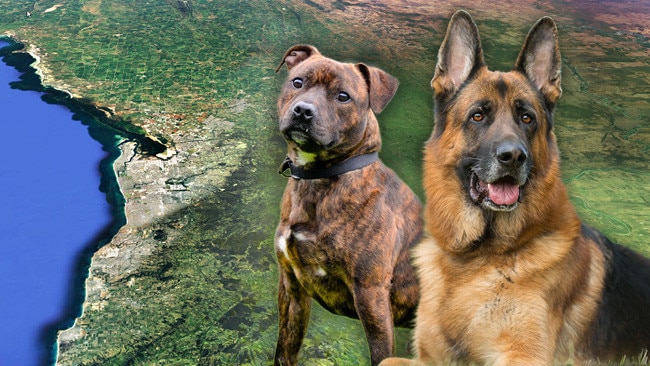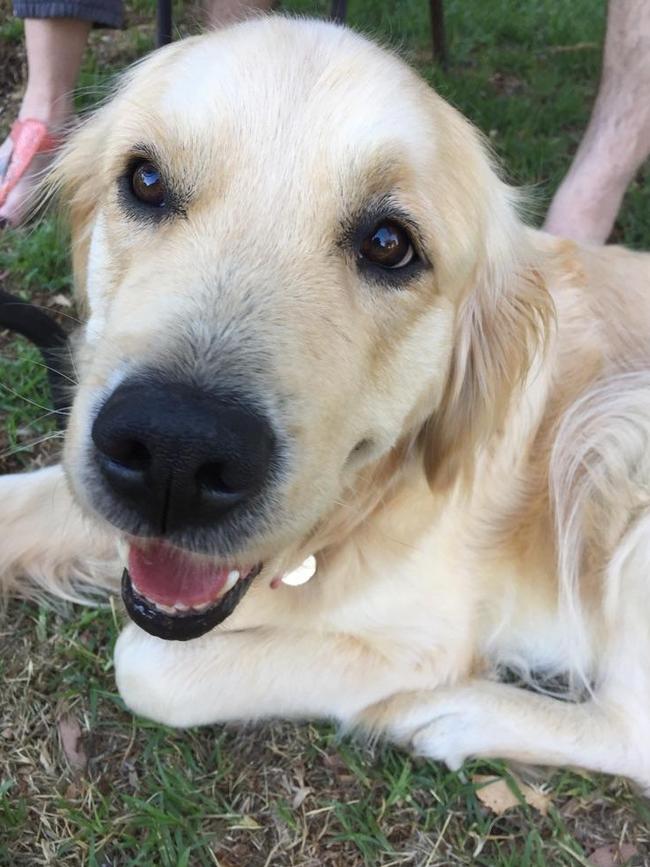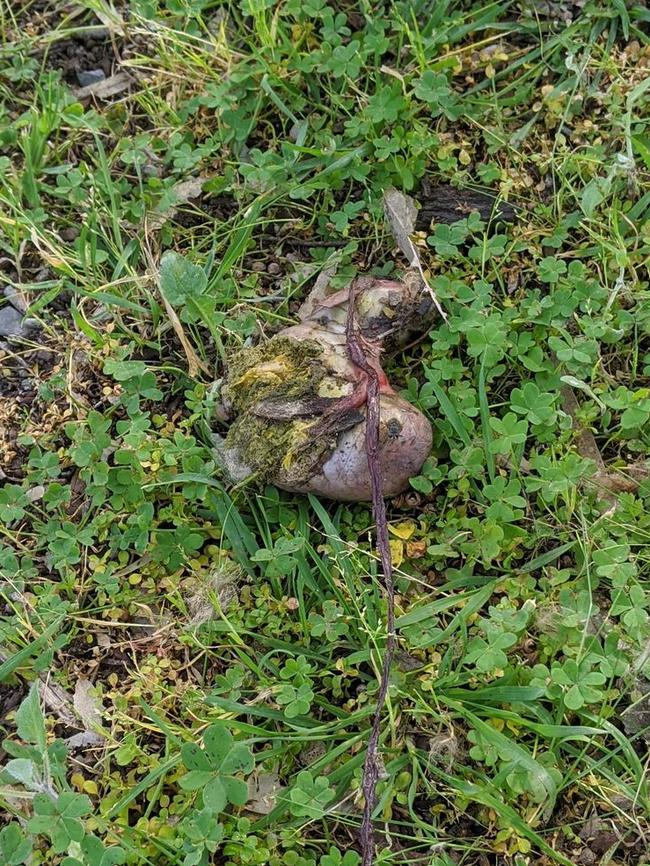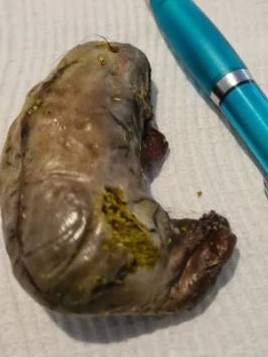Reports of suspected animal baiting to RSPCA rise in 2020 as Adelaide hotspots revealed
A spike in reports of suspected animal baiting has Adelaide pet owners on high alert with several hotspots across the metropolitan area and Hills. SEE THE BREAKDOWN AND MAP

North & North East
Don't miss out on the headlines from North & North East. Followed categories will be added to My News.
Reports of suspected animal baiting to the RSPCA have increased by nearly 20 per cent over the past year with up to five dogs dying from possible poisoning in 2020.
There have been 53 reports of suspected animal baitings to the welfare agency, from January 1 to September 27, compared to 45 for the same time last year.
This included dead dogs in Pennington, Findon and Woodcroft and another two dead puppies reported in Davoren Park – all from suspected but unconfirmed reports of baiting.
Salisbury Council had the largest number of suspected baiting with 10 followed by Onkaparinga (seven) and Charles Sturt (six).
The largest number of complaints came in Parafield Gardens following concerns over scattered bread and cat biscuits, which smelt of chemicals.
An RSPCA spokeswoman said any report of suspected animal baiting was “very concerning” which can lead to “terrible suffering and potentially fatal consequences”.
“Unfortunately, testing for toxic substances is very expensive and unless there is an idea of what poison may be contained in the item, it is impossible to know what to test for,” she said.
However, she said there was not proof in every report that suspected items contained poison, the animals had become sick or died from deliberate poisoning or a person had been seen leaving food items for animals.
She said most reports in 2020 were from people claiming their neighbours have either threatened to poison their dogs or cats, or claimed poisoned food had been thrown over a fence into their yards.
However none of the claims were able to be proven.
“Only one person has ever been convicted in SA for deliberately poisoning a neighbour’s pet,” the spokeswoman said.
However, the RSPCA wants to change the law so it recognises that cruelty may occur from an act or omission that is likely to cause harm to an animal.
“Currently our Act only allows RSPCA to charge someone once harm has occurred; for the animal concerned, this is too late,” the spokeswoman said.
“We want this law changed to align with Victoria and West Australia’s animal welfare laws.


“To have to wait for an animal to suffer harm before being able to prosecute someone who has demonstrated through actions, such as the laying of poisoned meat in a public area, clear intent to deliberately harm an animal is a serious loophole in our animal protection laws.”
The spokeswoman said Adelaide Hills man Peter Kelliher was the only person in South Australia to have been convicted of the charge.
He received three months jail in August, 2017, with two suspended, for feeding poisoned sausages to his neighbour’s golden retriever, Mia.
The RSPCA spokeswoman said in cases where animals had died, there was no point in conducting a post mortem for suspected poisoning unless there is solid evidence that would stand up in court to convict a suspect.
Other reports to the RSPCA this year included two dead cats, with one in Salisbury feared to have been poisoned as it had dilated pupils and was frothing at the mouth.
A dog in Blakeview was also taken to a vet after eating snail bait allegedly thrown over a fence into a yard by a neighbour, while rat bait was also claimed to have been thrown into a yard containing several dogs.
RECENT INCIDENTS OF SUSPECTED ANIMAL BAITING
(Reported by The Messenger)
SEPTEMBER
- Chicken pieces with snail bait stuck in them reported at Somerset Reserve, Clearview
- Suspicious meat, including pieces of offal, found at parks in Woodcroft, Old Noarlunga and Seaford


AUGUST
- More than 15 pieces of suspicious meat or offal found along the Esplanade at Port Noarlunga South
- Suspect rat poison elaborately hidden inside a stitched kidney found near the Linear Park Trail at Dernancourt
JUNE
- Green pellets, that appeared to be rat poison, found neat Thebarton Oval, Torrensville
MARCH
- Rat bait found in a sandwich thrown into a backyard in Clare

